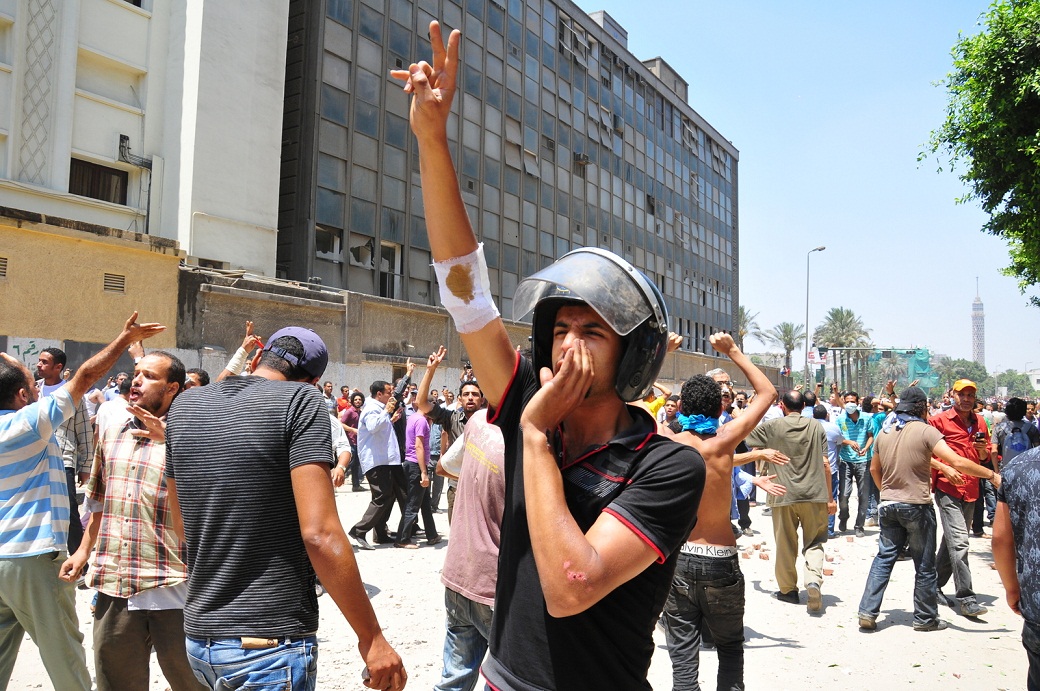As the novel coronavirus continues to infect more people globally around the clock, the Egyptian state have taken some new measures on Saturday to contain the disease known as COVID-19.
Initially, the Egyptian army started sterilising and disinfecting many places and governmental facilities.
The Coptic Orthodox Church took the initiative and announced closing all churches and suspending all religious activities and ceremonies for two weeks. The church excluded funerals with limited numbers of family members allowed.
In the meantime, Grand Imam of Al Azhar Sheikh Ahmed Al-Tayyib announced suspending daily prayers as well as Jumaa (Friday) prayer at Al Azhar Mosque for two weeks starting Saturday, as a precautionary measure against the spread of coronavirus.
Following the Grand Imam’s decision, Egypt’s Ministry of Awqaf (Religious Endowments) decided to suspend the daily prayers and Friday prayers in all mosques nationwide for two weeks as well.
These simultaneous decisions came after days of argument on social media on how worshiping places can be a potential hotspot of COVID-19 across the country.
Moreover, Minister of Higher Education and Scientific Research Khaled Abdel Ghaffar announced delaying the second-semester exams not to begin until 30 May according to each university’s schedules.
Additionally, the Ministry of Tourism and Antiquities decided to shut down all museums and archaeological sites nationwide from 23 to 31 March. During this period, all facilities and archeological sites will be disinfected and sterilised.
According to the latest numbers announced by the Ministry of Health, the total number of infected cases of COVID-19 has reached 285, of whom 39 cases have recovered and discharged from hospitals, while eight others died, until the time of writing.
Globally, the number of confirmed coronavirus cases has doubled in less than two weeks, to more than 284,566 at the time of writing. Whilst, 11,868 have died owing to the disease and 89,891 have recovered.
However the number of cases in China is going down and the rate of infection is declining, European countries such as Italy, Spain, Germany, France, and Switzerland are continuing to report growing numbers of infected cases, making Europe the epicentre of the disease now. Iran is also representing the epicentre in the Middle East.
In the meantime, scientists are racing to reach effective vaccines against the virus. On Saturday, Russia announced that it has begun testing a vaccine against the Coronavirus, which is expected to be released after about six months, in parallel with promising initial results of trying an antiviral drug in the United States, while a German company said it will start trying a new drug soon.
Federal Service for Surveillance on Consumer Rights Protection and Human Wellbeing said on Friday that scientists have begun testing prototypes for possible Coronavirus vaccines on animals in a laboratory in Siberia, and that scientists expect to start launching a vaccine in the last three months of 2020.
Moreover, US media reported that an experimental vaccine for the COVID-19 using an antiviral drug showed clear signs of improvement for at least two patients in the United States within 24 hours.
Experimental treatment that was previously used to treat infected people in Wuhan, China, is believed to prevent the Coronavirus from spreading inside the human body, according to reports. Additional experiments are underway on other drugs, including a malaria vaccine and other drugs used for treating HIV, and have been tested in a number of people infected with COVID-19 in several countries.
In a press conference on Friday evening, Tedros Adhanom Ghebreyesus, the Director-General of the World Health Organization (WHO) warned that young people are not invincible. Coronavirus could cause significant harms or even kill youth as well as older people. He said data showed that people under 50 make up a significant proportion of patients requiring hospitalisation.
During the press conference, Ghebreyesus said that WHO is concerned about health workers accessibility to the equipment they need to do their jobs safely and effectively, owing to collapse of the market for personal protective equipment.



